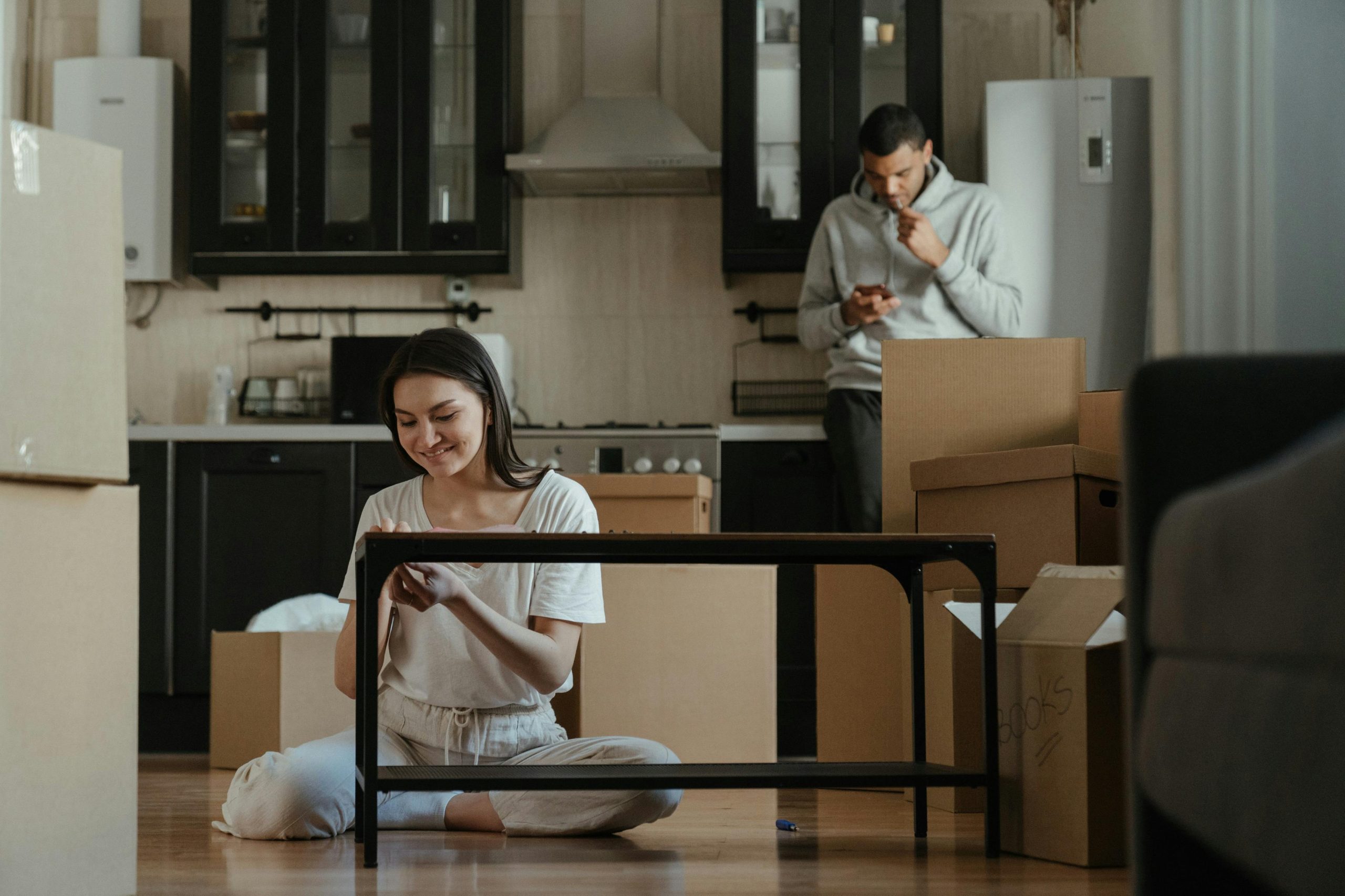Renting your first apartment is a huge milestone. But, it can also be intimidating if you are unsure of the process. Here are 8 steps you should take if you’re under 25 and looking for your first apartment.
1. Determine Your Budget
First, you should determine your budget before you start searching for an apartment. Narrowing down what you can afford before apartment searching will help you make sure that you don’t overspend. You shouldn’t spend more than 30% of your gross monthly income on rent. Of course, this number can vary based on your location and desired lifestyle. If your area is very expensive, you may want to consider renting with a roommate to make it more affordable.
2. Save Up for First, Last, and Security Deposit
Especially if this is your first time renting, most landlords will require first and last month’s rent, as well as a security deposit. For your first apartment, expect to pay one month’s rent for a security deposit. This may vary by your state laws and the property you choose.
3. Work on Your Credit Score
If you haven’t built up your credit history, you should work on this before signing a lease on your first apartment. A better credit score will help you secure your lease and it could help you save on your security deposit. If you don’t have a credit history, you may be able to provide additional information like pay stubs.
4. Secure a Co-Signer
Again, if you don’t have a solid credit score as a first-time renter, you may need to use a co-signer on your lease. This should be someone who is in good financial standing like a family member or close friend. Ultimately, it should be someone you trust.
5. Gather The Right Documents
Be prepared to give your landlord a variety of documents to get approved for your first apartment. Some typical documents include your ID, social security number or card, references, proof of renter’s insurance, bank statements, and pay stubs, or an offer letter if you have a new job. Most landlords will also pull your credit report and run a background check.
6. Understand Your Lease

Do you understand your responsibilities detailed in your lease? You’ll want to read through your lease carefully and pay attention to things like lease duration, how much notice you have to give if you move out, who is responsible for repairs, and more. You’ll also want to document any damage to your apartment before you move in so that you’re more likely to get your full deposit back when you move out.
7. Set Up Utilities
Once you’ve signed your lease to your first apartment, make sure to set up your utilities in your name. This includes water, gas, and electricity. Other services to consider setting up are home internet and cable.
8. Be a Good Renter
If you decide to move out of your first apartment, your landlord can provide you with a reference for your next apartment. That being said, try to be a good tenant so that you can build a positive rental history. Make sure you pay on time, respect community rules, and take care of your apartment. In the long-run, this will help save you money on future rentals.
How are you saving for your first apartment? Let us know in the comments.
Read More
6 Money Tips Every Couple Should Know Before Divorcing
DOGE Access to U. S. Citizen’s Private Information Blocked – For Now
Read the full article here














